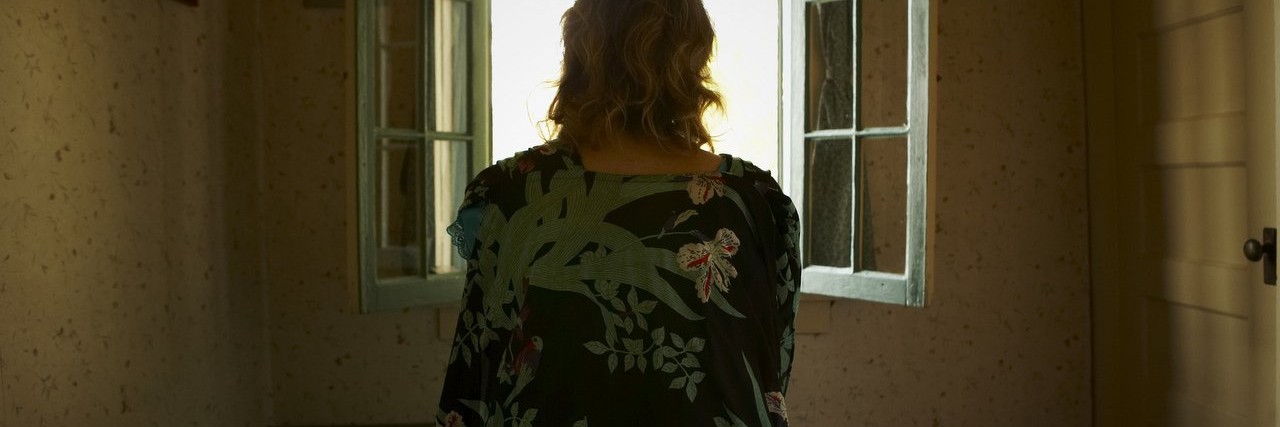I have chronic Lyme disease, and I want to talk about hope — my hope. It’s not the shiny, saccharine kind you see in glittered lettering on Hallmark cards. My hope is deep and messy. It’s the kind of hope that keeps a boxer going in the ring when he (or she, let’s not be gender normative here) is swaying on his feet. It’s the kind of hope that is born out of necessity, not a dream. It’s the kind of hope that keeps you searching for an exit when you’re in a dark room and the walls are inching closer.
I have reached the last fringes of hope. It’s the wild west of optimism where things are a bit gnarly and dark and the air is thick with uncertainty. Because instead of hoping for nice things like a pay raise, a nice holiday or a good grade on an assignment, I’m hoping simply to not get worse.
This is deep, dark and primal hope. It’s tinged with realizations that I still struggle to reconcile with and have to digest in tiny incremental amounts because they threaten to drown me with grief and despair.
Like the fact that what I have has no known cure.
Like the fact that remission is the goal but relapses are common.
Like the knowledge that I’m really unwell when I’m meant to be at my prime. If I feel cut down and debilitated at 25 years old, how on earth am I going to feel when I’m 50?
Like grappling with the expenses of getting adequate treatment.
Like the fact I’m taking medication that creates a nasty withdrawal when you come off it. But if I don’t take it, I’ll experience shaking fits and won’t sleep at all.
Like the fact that my home country of Australia is still arguing over the presence of this illness, according to the Lyme Disease Association of Australia.
Like the schism between what I see in support groups and what I hear from respected authorities. Something has gone terribly, terribly wrong when it comes to this illness.
So my hope is there, and it’s already carried me through years of worsening symptoms, broken relationships, new relationships, financial destitution, physical debilitation and complete loss of independence, all while carrying the above realities in mind.
My next chapter involves going overseas (for a second time) to seek medical help, which will involve more money. But when the walls are closing in, you will take any chance at freedom that presents itself. Even if it looks like a thorny rope from a window high up near the ceiling that may not be big enough to climb out of when you get there — it’s still better than staying where you are.
So here’s to all the people clinging to my kind of hope — the dark, thorny kind that is the only thing left between you and no longer being you anymore.
Follow this journey on Zoe Gets Wordy.
Lead photo source: Thinkstock Images

